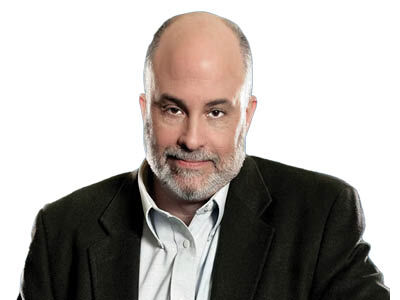With Nine in 10 Voters Worried, US Economy Becomes Make-or-Break Issue in 2024 Presidential Race
News > Personal Finance News

Audio By Carbonatix
7:05 AM on Friday, October 25, 2024
By John Dealbreuin | Wealth of Geeks
As the 2024 presidential election looms, voters make it clear the economy will be the decisive factor in choosing the United States’ next leader. In a recent Gallup poll, 52% of registered voters said candidates’ stance on the economy is “extremely important” to their vote — the highest concern over economic issues since the Great Recession.
With rising inflation, stagnant wages, and growing economic anxiety, voters seek solutions, their choice in November likely hinging on who they believe can best handle these issues. These fiscal fears are reminiscent of the 2008 financial crisis; around 52% of voters now rate the economy as “extremely important,” nearing the 55% reported in October 2008.
More Than Half of Americans Feel ‘Worse Off’ Than in 2020
According to a September Gallup poll, 52% of Americans believe they and their families are worse off now than four years ago. Around 39% say they are better off, and 8% feel their situation is about the same.
The data also reveals a partisan divide: 72% of Democrats feel they are better off, while just 35% of independents and 7% of Republicans feel similarly.
Economic Concerns Reach Boiling Point
The economy has always been a central issue in U.S. elections. Still, recent Gallup polls reveal unprecedented concerns — nine out of 10 voters consider the economy “extremely important” or “very important” in deciding their vote.
Gallup’s August economic confidence report further reflects voters’ economic dissatisfaction. A staggering 45% of Americans describe current economic conditions as “poor,” while 31% rate them as “only fair.” Fewer than one-quarter of respondents (24%) view the economy as “excellent” or “good.”
This heightened focus comes as economic conditions worsen for many Americans, with 63% of respondents believing the economy is “getting worse.”
Inflation remains the most frequently mentioned concern, with 15% of Americans naming it a top issue. Other worries contributing to voters’ mounting frustrations include unemployment, the wealth gap, and the federal budget deficit.
Surging Living Costs Burden Voters
Rising food prices outpace overall inflation. According to the USDA, the all-food Consumer Price Index (CPI) surged 25% from 2019 to 2023, exceeding the 19.2% rise in the all-items CPI during the same period.
While transportation costs saw the largest jump at 27.1%, food prices outpaced housing, medical care, and other key categories, further straining consumers already grappling with high living costs.
A recent Redfin survey reveals half of U.S. homeowners and renters struggle to meet their housing payments. Of the 2,995 respondents, one in five admitted skipping meals or taking on extra work to cover rent or mortgage costs. Additionally, about one in six reported delaying medical care due to financial difficulties.
The survey paints a stark picture of Americans’ financial challenges, with 1,494 respondents indicating they sometimes or frequently struggle to afford housing expenses.
Personal Financial Insecurity Reaches New Highs
A recent Northwestern Mutual study highlights Americans’ growing financial insecurities. According to the report, one-third of U.S. adults do not feel financially secure — up from 27% last year and the highest recorded level in the study’s history. Rising insecurity is largely attributed to inflation, which, while lower than its 2022 peak, still strains household budgets.
More than half (54%) of U.S. adults expect inflation to rise further, while only 9% report their income is keeping pace. Inflation concerns far eclipse other financial worries, such as inadequate savings or debt.
Job Market Pessimism Hits Highest Level Since 2014
The U.S. job market shows increasing signs of strain amid ongoing economic challenges. A recent Federal Reserve Bank of New York report reveals workers are more pessimistic about job security than a decade ago. The average expected likelihood of job loss in the next four months climbed to 4.4% in July, the highest level recorded since the Fed began tracking this data in 2014.
This growing job insecurity mirrors a sharp rise in job seekers, with 28.4% of respondents actively searching for work in July — the highest rate since March 2014. Additionally, declining satisfaction with wages, benefits, and promotion opportunities reflects growing workforce dissatisfaction.
Can the Candidates Deliver?
With the economy at the forefront of voters’ minds, both candidates will need to articulate clear, actionable plans to address these concerns. Whether curbing inflation, creating jobs, or addressing income inequality, the ability to provide real solutions will likely determine the election outcome.
As economic confidence continues to erode, the stakes couldn’t be higher. Gallup reports voters view former President Donald Trump as better able to handle the economy than Vice President Kamala Harris — 54% versus 45%.
The race to November is on, and with fewer than two weeks to go, the economy leads millions of voters’ priority lists. The question remains: who will they trust to fix it?
This article was produced by Media Decision and syndicated by Wealth of Geeks.






